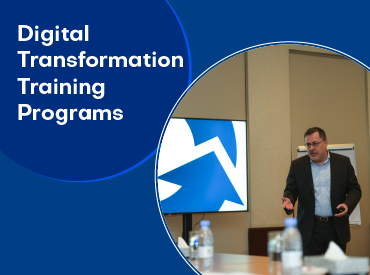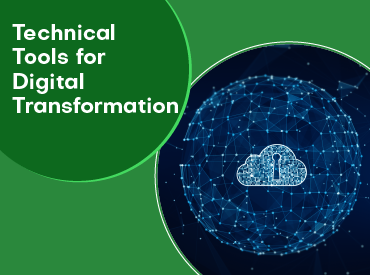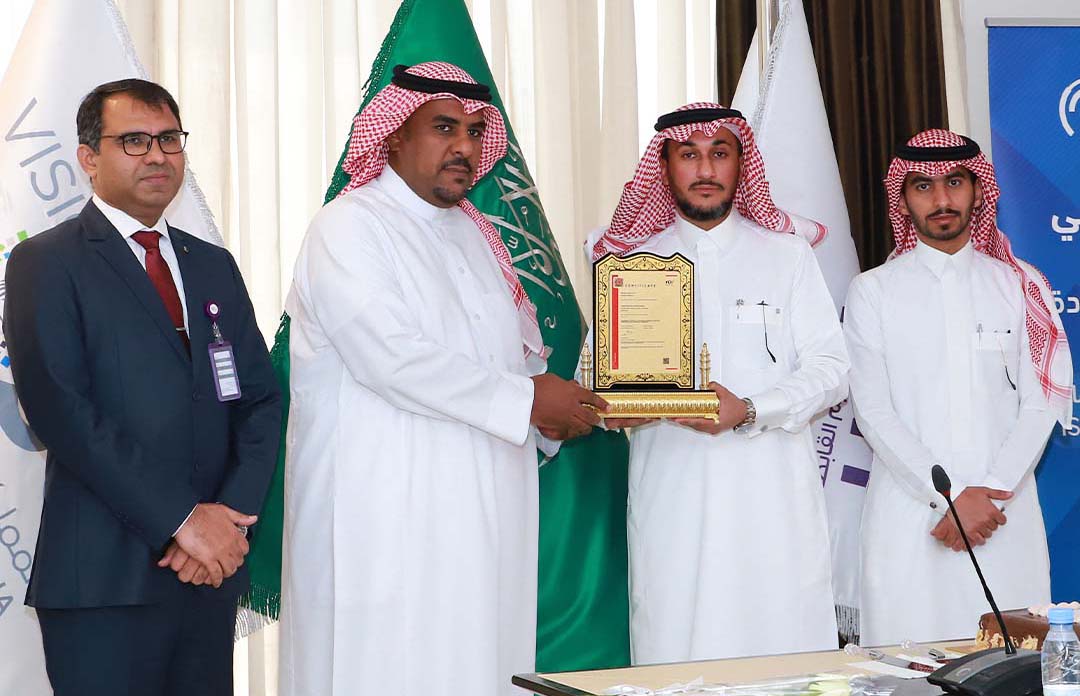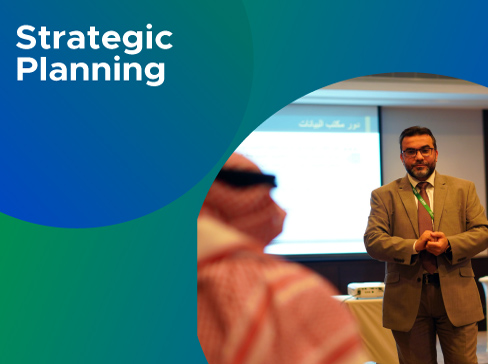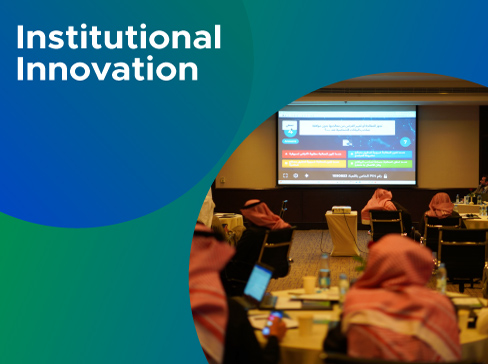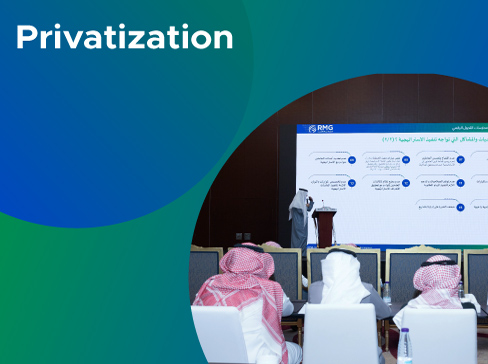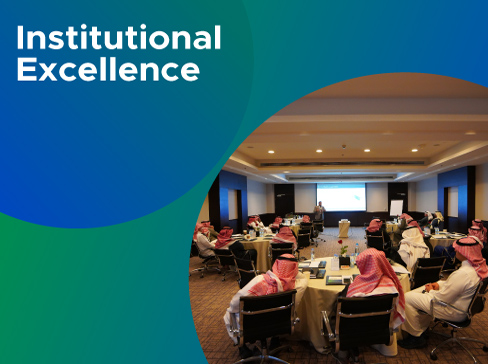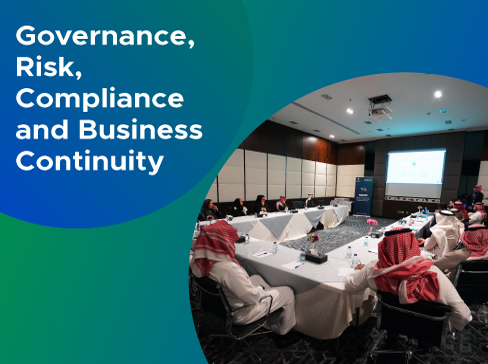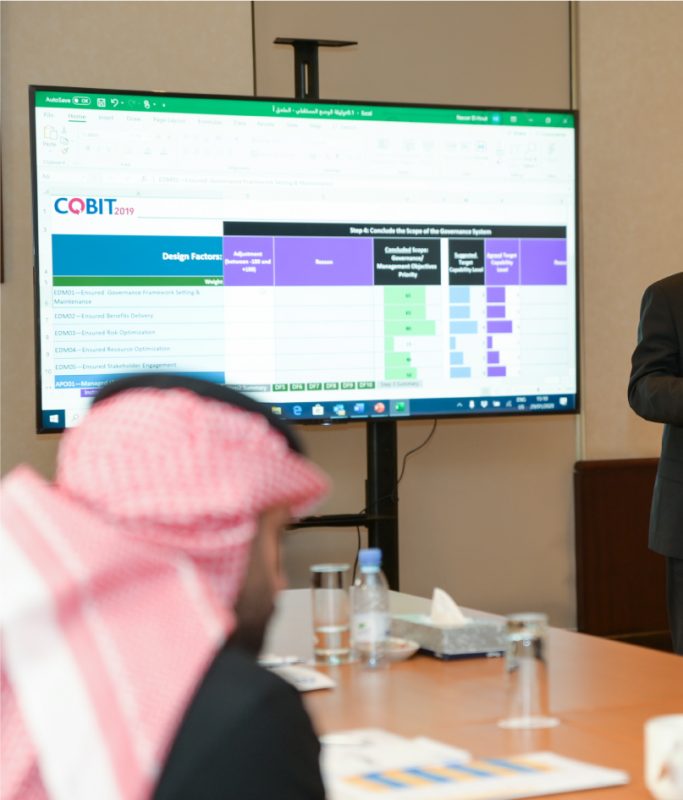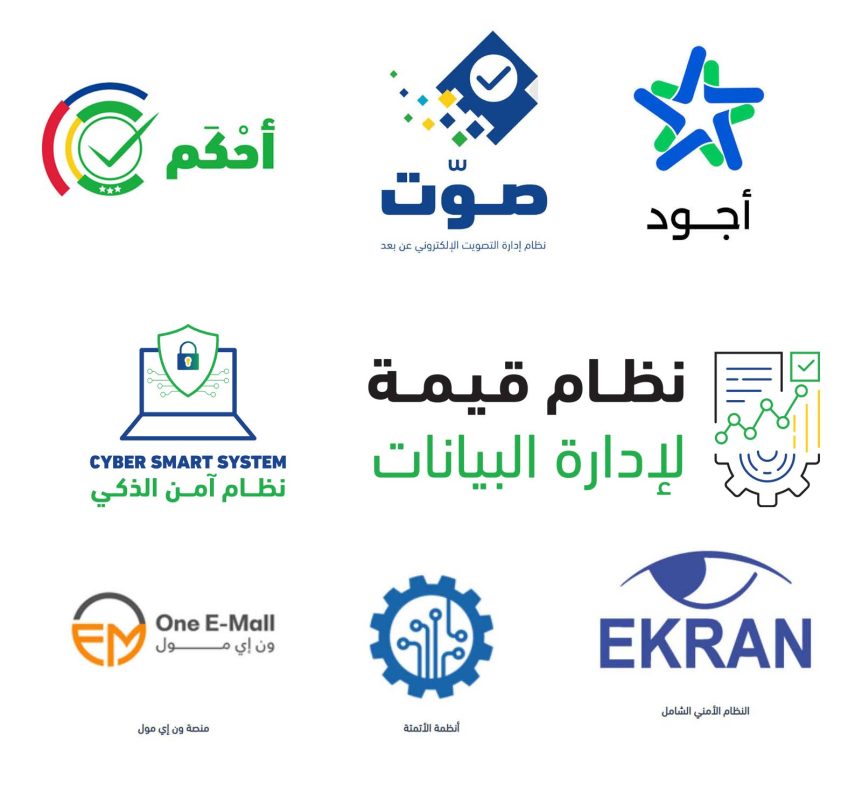What are knowledge management systems?
Knowledge management systems (KMS) are information technology solutions that allow storage and retrieval of stored information within a company, allowing for better collaboration and more efficient problem-solving.
Examples of knowledge management systems:
- Notes Database: In this system, everyone involved in a product, from designers to sales delegates to clients, can share their observations with the foundation, and all stakeholders have access to comments, so they can make major changes very quickly supported by information.
- research: While developing projects and ideas, companies research the market and consumers to see what is needed, what areas are not yet filled in the market, and what trends can be expected, to then share files within the organization to allow all departments to benefit from the research being done.
- Sharing Project Files systems: This system allows for greater cooperation and teamwork, especially telecommuting.
Overview of ISO 30401

- The new Knowledge Management Standard (KM) ISO 30401: 2018 in November 2018.
- Since then, organizations have sought to implement the requirements of the standard and to obtain the certificate.
- The main objective of ISO 30401 is to help enterprises design a management system that values and facilitates value creation through knowledge.
- Knowledge is seen as a key success factor in achieving a company’s strategic objectives, and therefore the challenge is to preserve, disseminate, share and develop the organization’s knowledge assets.
- The standard defines the principles and requirements for the implementation of the knowledge management system (KMS). This requires cooperation between the management bodies of the company and the operational departments.
- The standard also proposes a KMS framework so that all structures can recognize this model (regardless of size or activity sector), which is flexible and easy to understand.
Objectives of ISO 30401
The ISO 30401 Knowledge Management Systems Standard aims at each of the following:
- a reference and standard guide to knowledge management methodology practices
- New institutions benefit from the application of knowledge management
- Contributes to a knowledge environment for better and faster decision-making
- Helps to solve more quickly the problems and challenges facing the parties concerned
- Supporting the growth and development of knowledge capital
- Exchange of specialized expertise and establishment of databases of knowledge experts in each institution (internal and external)
- Better communication between partners and society
- Significantly improving the quality of operations for products and services
- Self-assessment of institutions with experience in applying knowledge management to measure the level of the knowledge gap that they have to review certain business improvement activities and initiatives
- Increasing the rate of creativity and innovation
Benefits of ISO 30401
The core of the implementation of ISO 30401 is to direct enterprises to create a management system for your enterprise, one that will enhance business value through knowledge creation and management.
The most important benefits provided by ISO 30401 to enterprises include:
- Avoiding many common pitfalls to apply knowledge management
- Development of an effective management system to support knowledge management
- Demonstrate the Organization’s commitment, both internally and externally, to the quality of knowledge management
- Effective knowledge management supports cooperation between different institutions to achieve common goals
- Increased access to knowledge will create opportunities for professional development for individuals in the institution through learning, practices, and exchanges.
Audit based on benchmarks Standards, which can be useful to institutions that have been applying knowledge management for not long and want to make sure that they are on the right track.
ISO 30401 guidelines
The standard defined a set of guidelines:
- Nature of knowledge: Knowledge is intangible and complex, created by people.
- Value: Knowledge is a key source of value for organizations to achieve their goals, and the specific value of knowledge lies in its impact on organizational purpose, vision, objectives, policies, processes, and performance, and knowledge management is a means of unleashing the potential value of knowledge.
- Focus: Knowledge management serves the goals, strategies, and needs of the Organization.
- Adaptation: There is no single knowledge management solution that suits all organizations in all contexts. Organizations can develop their approach to the scope of knowledge and knowledge management and how to implement these efforts, based on needs and context.
- shared understanding: People create their knowledge through their own understanding of the inputs they receive, for common understanding, knowledge management must include interactions between people, using content, processes, and techniques where appropriate.
- Environment: Knowledge is not directly managed, knowledge management focuses on managing the working environment, thus fostering the knowledge life cycle.
- Culture: Culture is critical to effective knowledge management.
- Iterative: Knowledge management must be phased in to include the learning and feedback Lifecycle.
How can Renad Almajed Group (RMG) help you?
(RMG) is one of the first Saudi companies to successfully apply the ISO 30401:2018 knowledge management systems standard to various organizations.
We provide a package of services:
- implementation of the knowledge management systems standard – ISO 30401:2018
- internal audit of the enterprise following the requirements of the Standard
- Formulate an external view of your compliance level. And document the steps you have to take to get to compliance.
- Providing training and knowledge transfer services.




